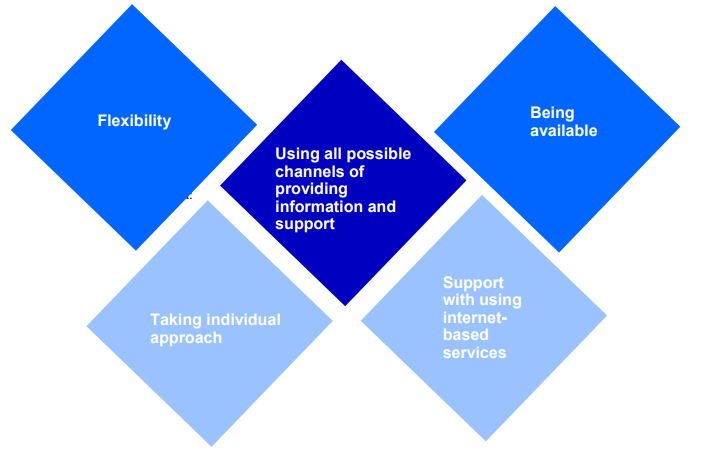Providing social care and social support services for dementia and ageing during COVID-19
Liverpool Dementia hosted a virtual workshop on Wednesday 21st October to explore ways of providing social care and social support services during COVID-19. The workshop included clinicians, third sector organisations, unpaid carers, and wider social support service providers.
Many services have had to close down since March 2020 when Coronavirus lockdowns first began and they could not provide any face-to-face support. Few services have adapted in providing some form of remote support, but are limited by low access to and usage of digital technologies in people living with dementia and older adults.
People living with dementia who are in the more severe stages can struggle setting up zoom and skype calls for example. As a result, many people living with dementia, unpaid carers, and older adults were suddenly faced with having their social support removed from one day to the next, whilst being confined to their own homes. Unpaid carers across the UK have reported this leading to faster deterioration of their relative’s dementia.
In group and joint discussion at the workshop, five key approaches for adapting social support services during the ongoing pandemic were identified:

• Flexibility as a service provider: be flexible in your approach of how people wish to interact and receive support.
• Using all possible channels of providing information and support: Using the internet, youtube videos, telephone, letters, emails, zoom and Skype meetings and face-to-face where safely possible
• Being available: Be easily approachable
• Taking an individual approach: Some people with dementia, carers, and older adults might prefer internet-based support, whereas others might prefer support via phone for example
• Support with using internet-based services: Many people with dementia and some older adults might not feel confident in using the internet, or lack access. If they wish to receive digital support though, they need to be supported where possible in setting this up.
The full workshop summary is available here.
The next workshops will be held on November 11th and December 2nd. For more information or to register interest in attending, please contact: Clarissa.Giebel@liverpool.ac.uk